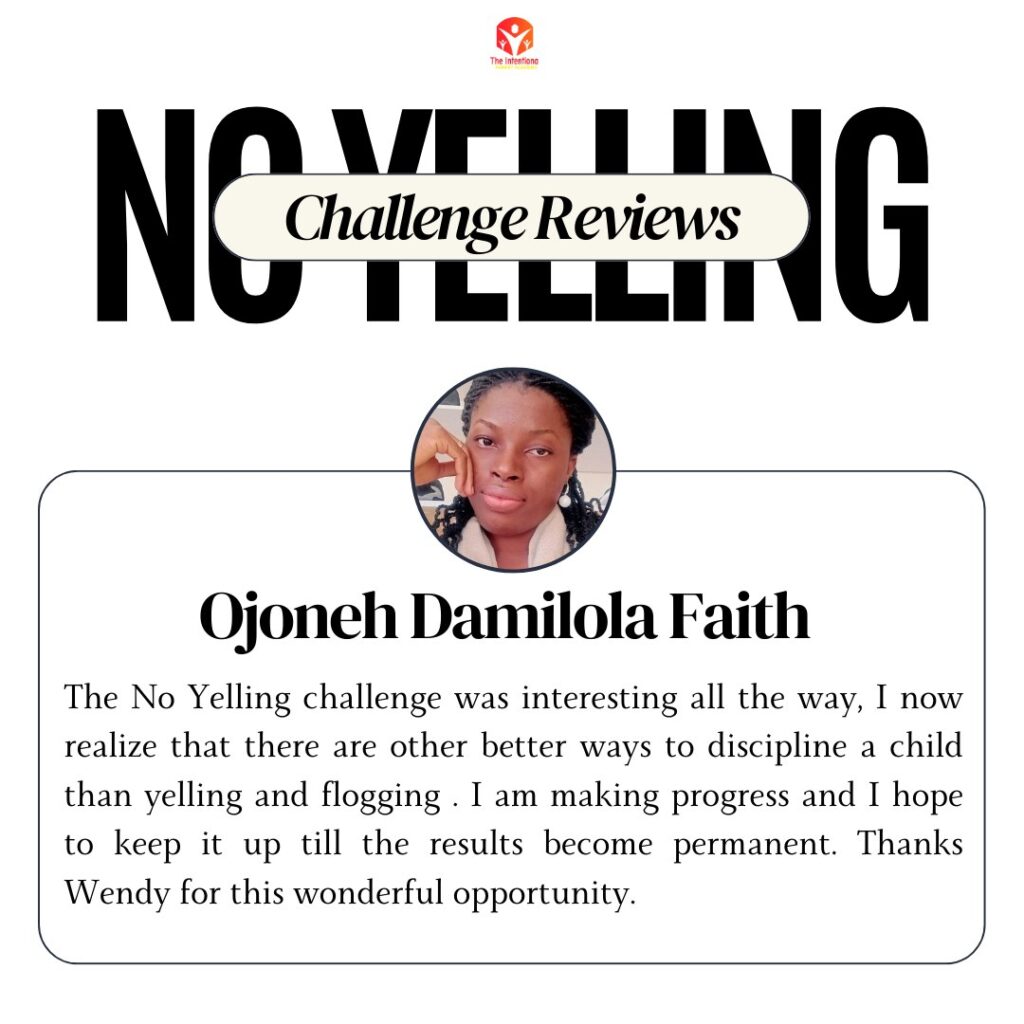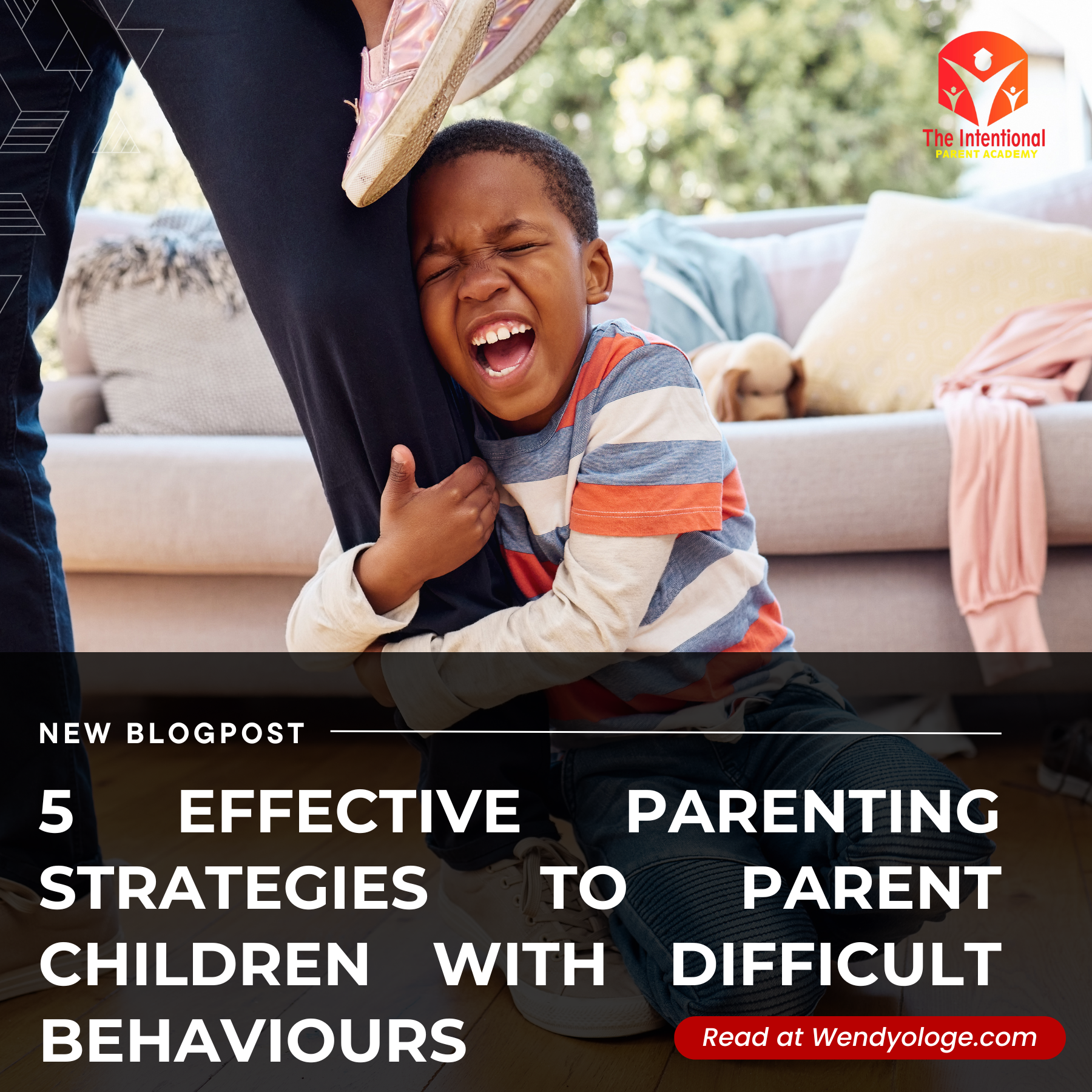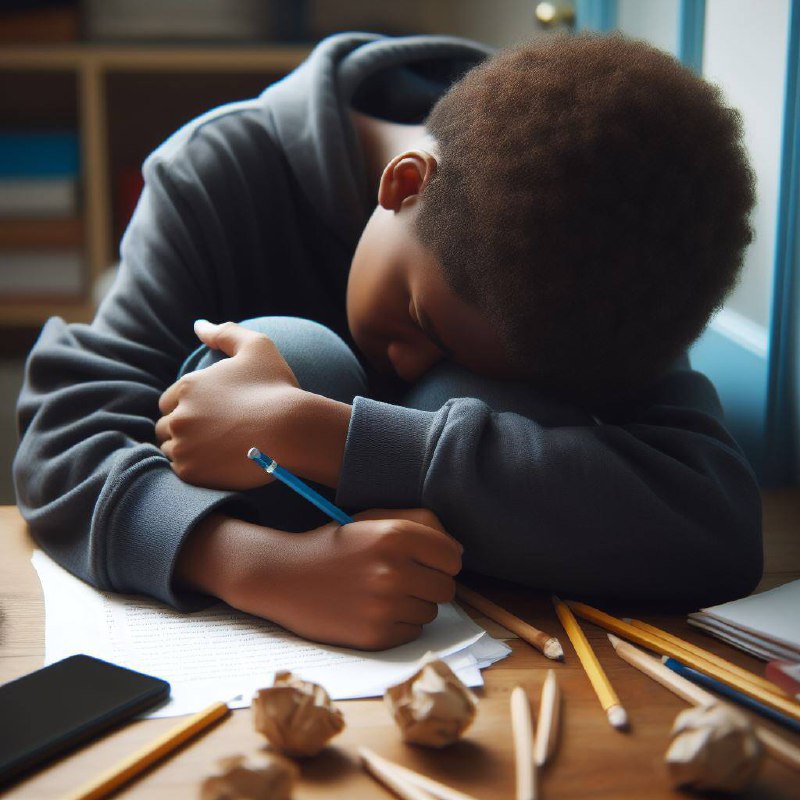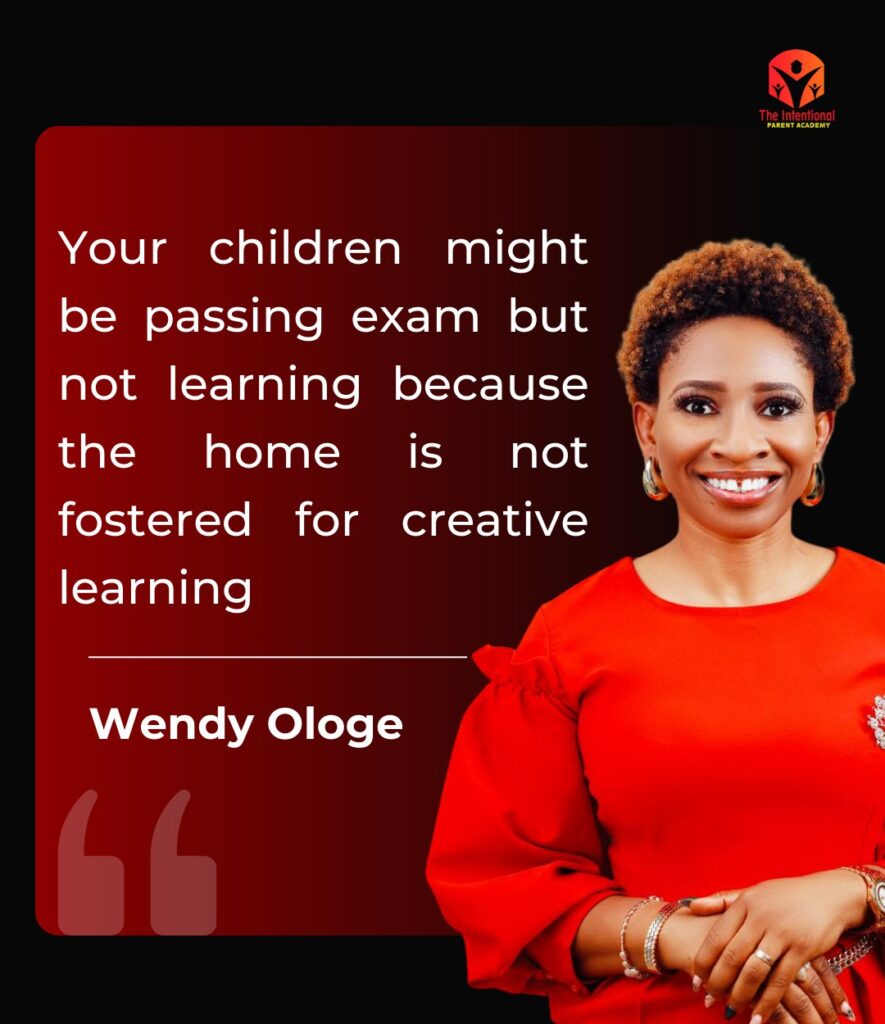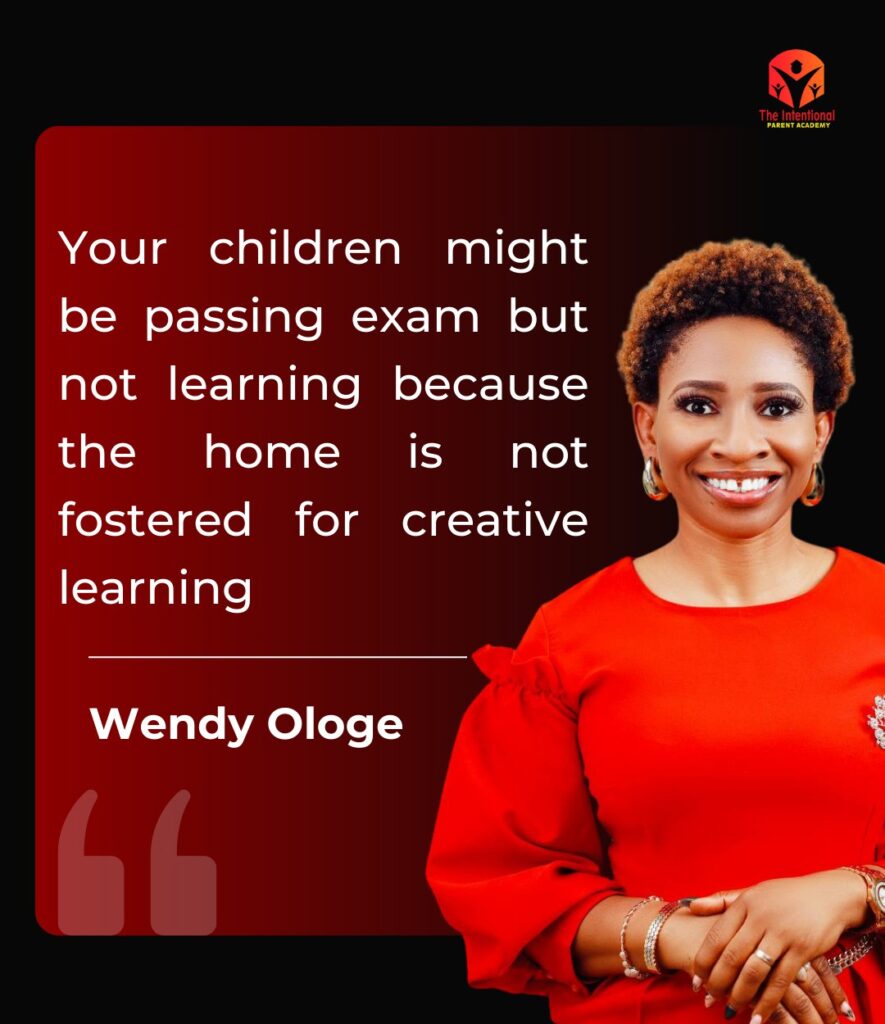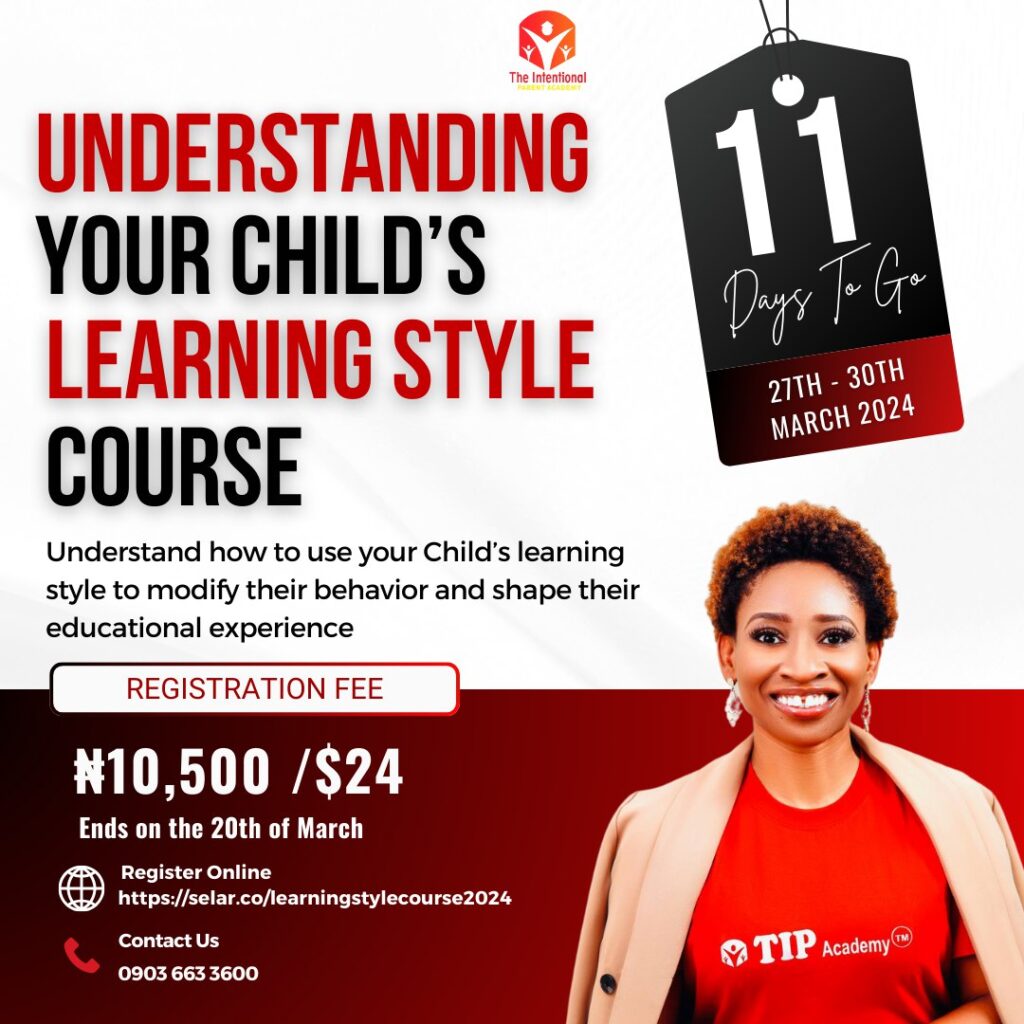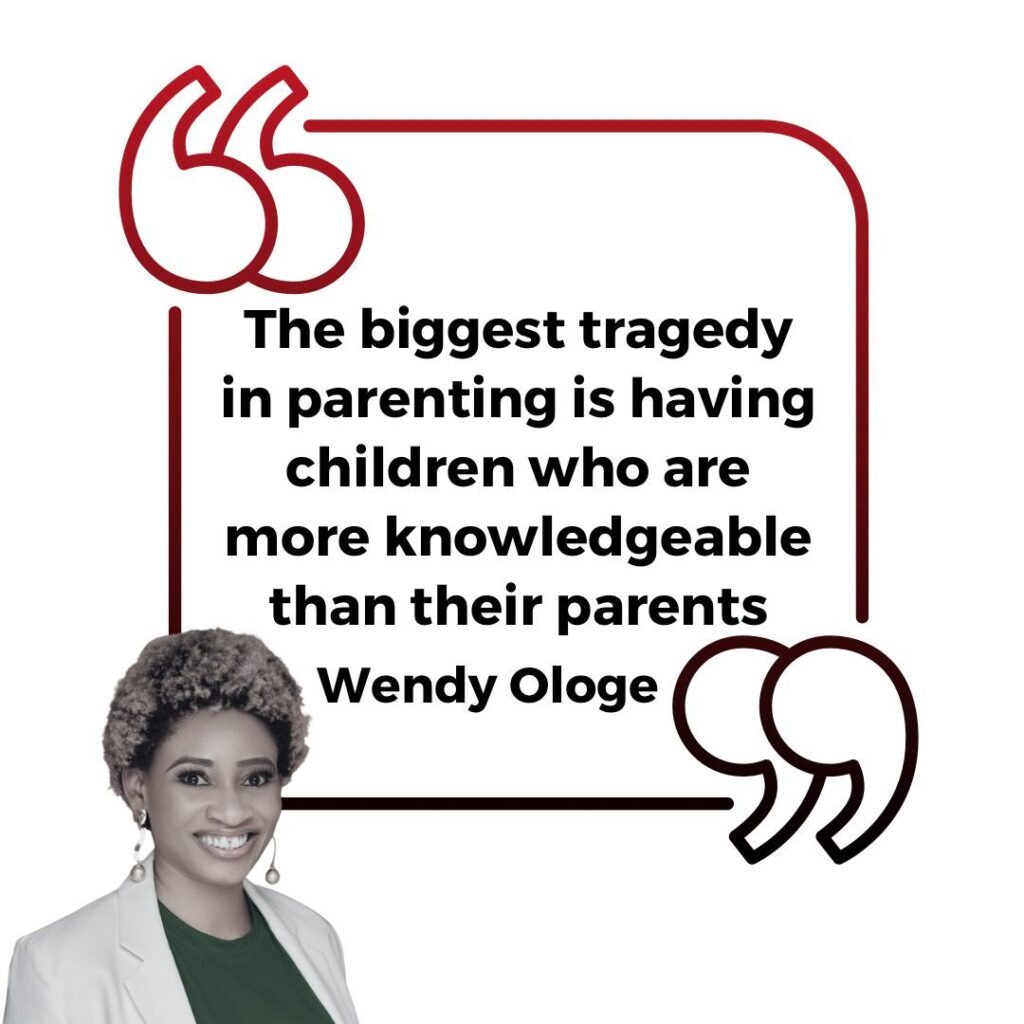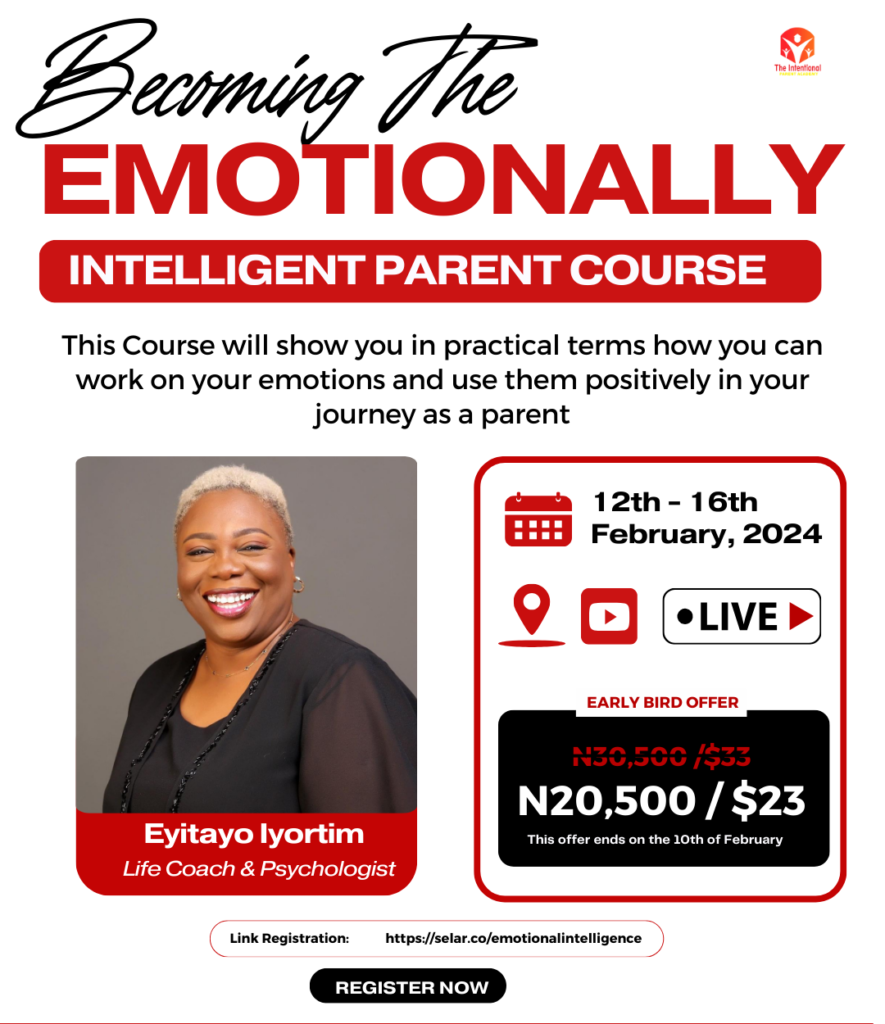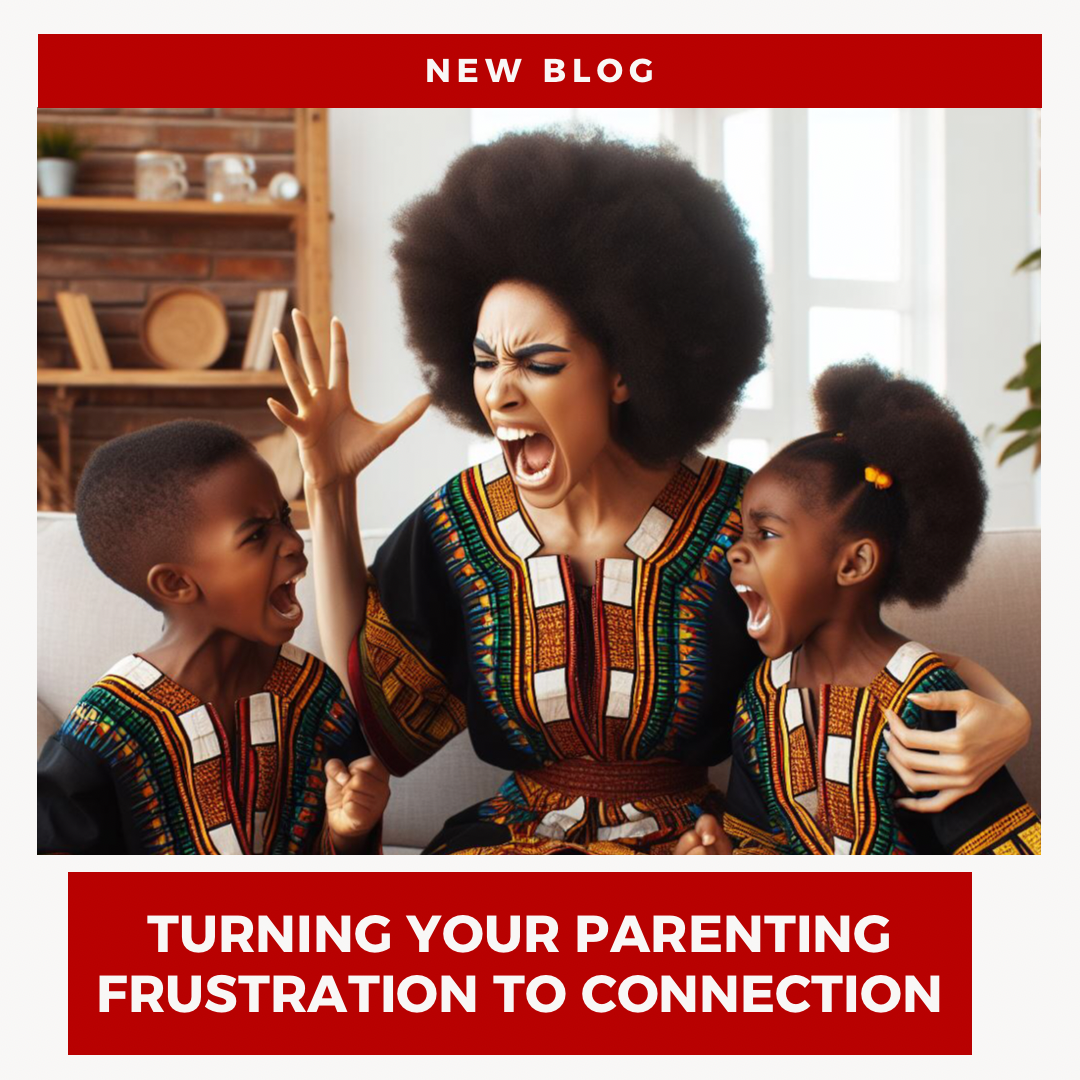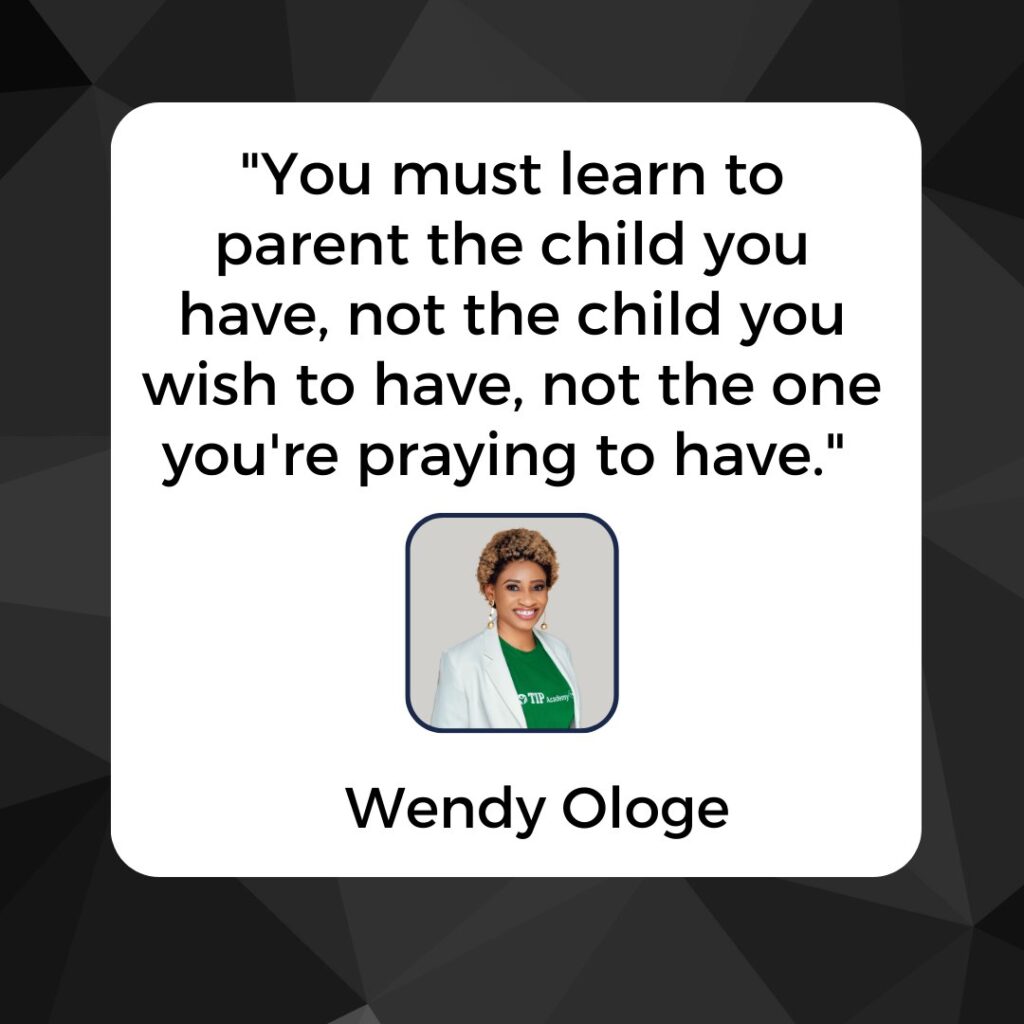Does your child’s behavior leave you feeling like you’re constantly running kiti kiti, kata kata?
You’re not alone. Many parents struggle with challenging behaviors. But before you resort to yelling, and punishment, take a deep breath and consider this: there might be a reason behind those outbursts.
This blog post dives into the root causes of difficult behaviors in children, and equips you with 5 effective parenting strategies to navigate these situations calmly and constructively. Let’s move from feeling overwhelmed to feeling empowered in your parenting journey!

Often, we discuss children’s misbehavior without delving into its root causes. Let’s categorize these causes into three factors:
1 . Developmental Factors: Unmet developmental needs can lead to misbehavior. Children act out when essential needs like autonomy, competence, and social skills aren’t fulfilled. A common example is lacking social skills. When a child misses out on learning expected behaviors, it can lead to challenges. For instance, if a child should be able to bathe independently but is not given the opportunity, it can create difficulties for both the child and the parent. This sets off a chain reaction of struggles within the household. Another critical factor is brain development. Immature brain development can result in impulsive and emotionally driven behavior, especially in younger children who struggle with regulating their emotions. It’s a misconception that children should naturally know how to regulate their emotions; it’s a skill that needs to be taught. Parents play a crucial role in this by understanding normal child development. For example, tantrums are a normal part of childhood, but it’s essential for parents to address them appropriately. Failure to do so can result in adults who struggle to manage their emotions. To raise emotionally resilient children, parents must first equip themselves with the necessary knowledge and skills.
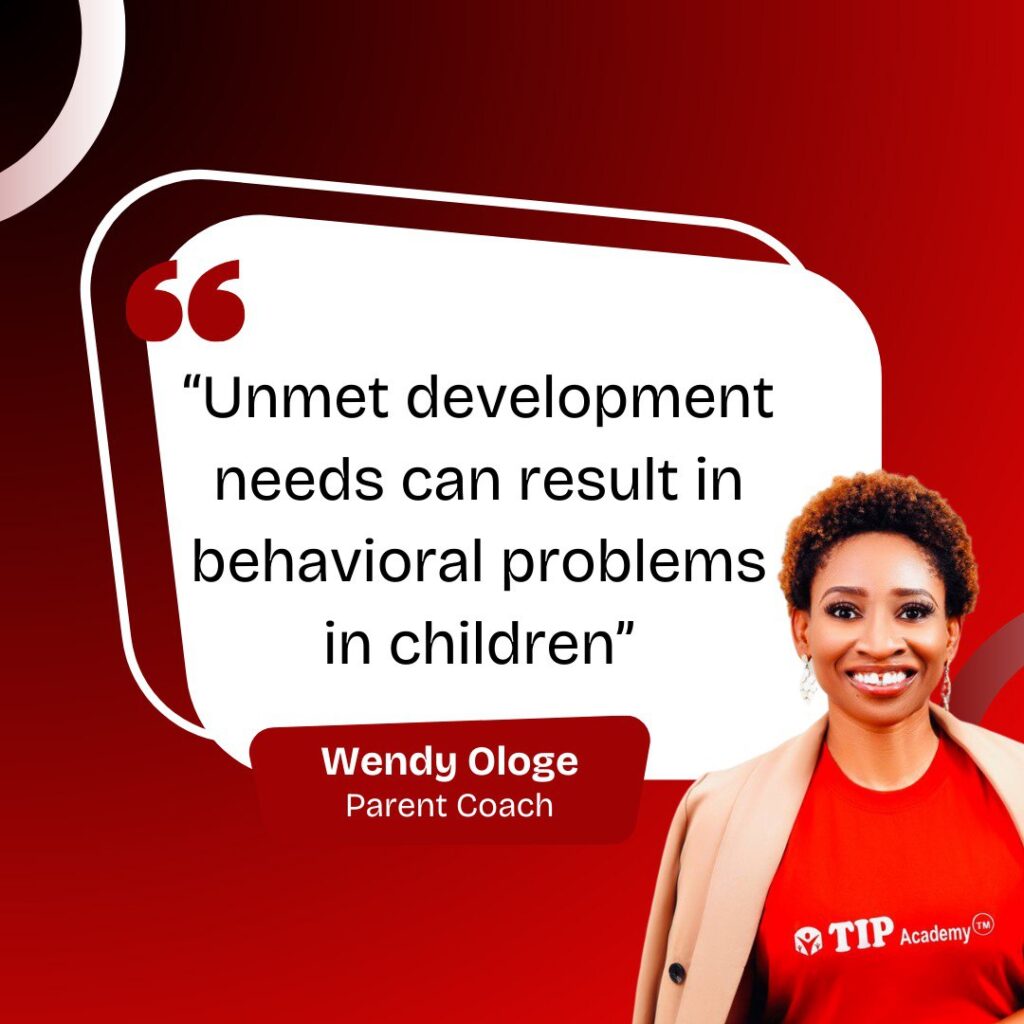
- Environmental Factors:
- Family Dynamics: Many parents overlook understanding their family dynamics, often resulting in comparisons with other families and children. This can trigger rebellion in children, leading to conflicts, stress, and instability within the family environment, which in turn can impact a child’s behavior. Environmental factors within the family also encompass divorce, single parenting, family trauma, and inconsistent family practices.

- Your Influence: You are the most significant influence on your child’s environment. The environment you create for your child goes beyond mere values. The outcome of a child’s development is shaped by who raised them, how they were raised, where they were raised, and the knowledge of those who raised them. Your ignorance can affect your child’s behavior positively or negatively. It’s crucial to reflect on whether your environment causes trauma for your child. Often, unnecessary drama stemming from past generations’ parenting traumas influences current parenting styles. There is a pressing need to redefine parenting for the well-being of our children. Our Inner Circle program is dedicated to this process of remodeling parenting, running throughout the year.
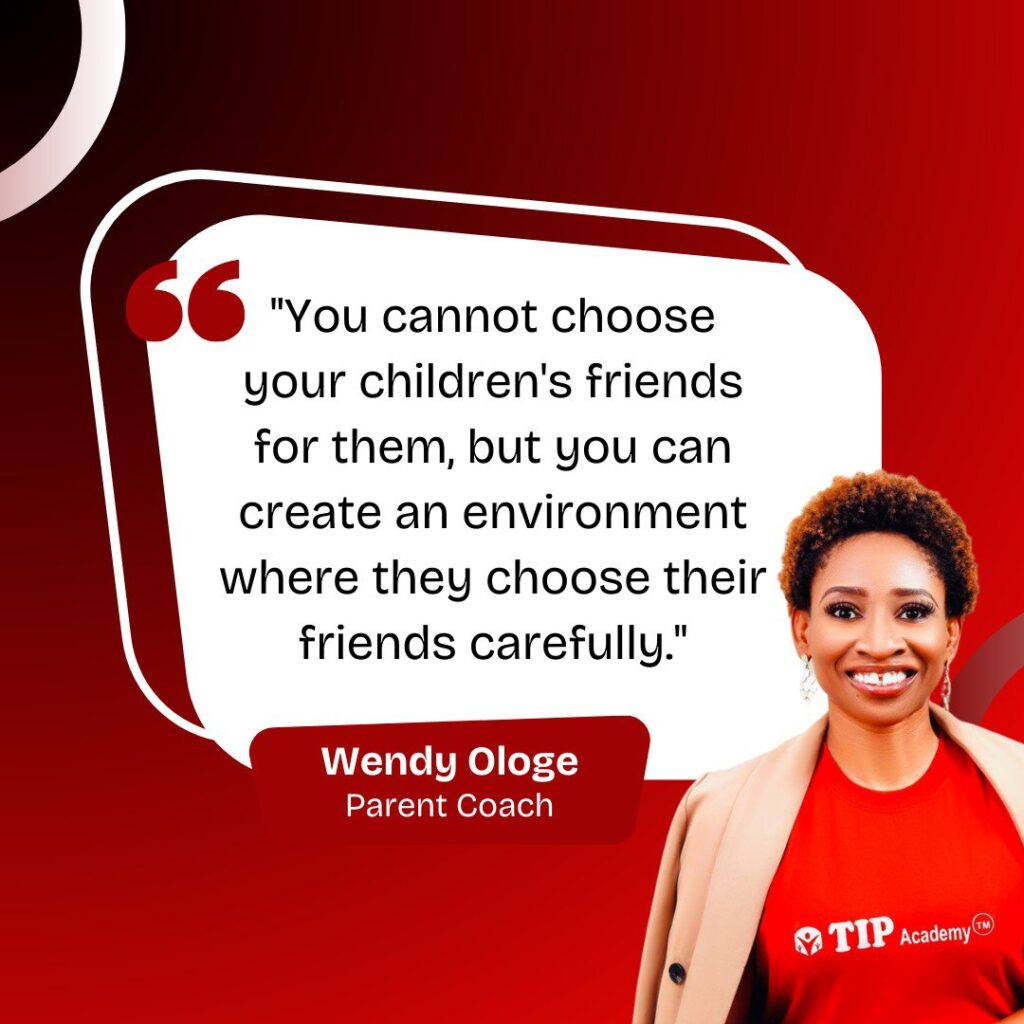
- Peer Influence: Negative peer relationships and experiences of bullying can lead to challenging behaviors, as children often mimic behaviors observed in their peers. Peer influence constitutes another significant environmental factor. That’s why our inner circle offers a course titled “Creating a Social Road Map for Your Gen Z Child,” addressing the importance of navigating peer relationships effectively.Book a slot for the inner circle here

- Emotional and Psychological Factors:
- Regulation Challenges: Children who struggle with regulating their emotions may exhibit outbursts, aggression, and withdrawal as coping mechanisms for overwhelming feelings.
- Underlying Mental Health Disorders: Undiagnosed mental health disorders can contribute to behavioral issues in children.
- Learning and Communication Challenges: Children with learning disabilities may become frustrated and act out due to difficulties in understanding and completing tasks in academic settings. Limited verbal and social communication skills can also lead to frustration and behavioral issues. Communication plays a crucial role here; many resort to yelling due to a lack of effective communication skills. This inability to communicate assertively can lead to a loss of control. For instance, toddlers, unable to express themselves with words, resort to tantrums. It’s important to recognize that effective communication is essential in parenting and managing behavior.
- Trauma and Adverse Experiences: Children who have experienced trauma, abuse, neglect, or adverse experiences may exhibit behavioral issues as a result. Trauma-informed approaches are necessary to support these children. It’s essential for caregivers to understand trauma and address their own trauma as well. Sometimes, the trauma our children experience stems from our own past experiences. Notably, individuals raised without aggression are less likely to exhibit aggressive behaviors.
- Biological Factors: Some children may be genetically predisposed to certain behaviors. Understanding this aspect can facilitate dealing with misbehaviors more effectively.
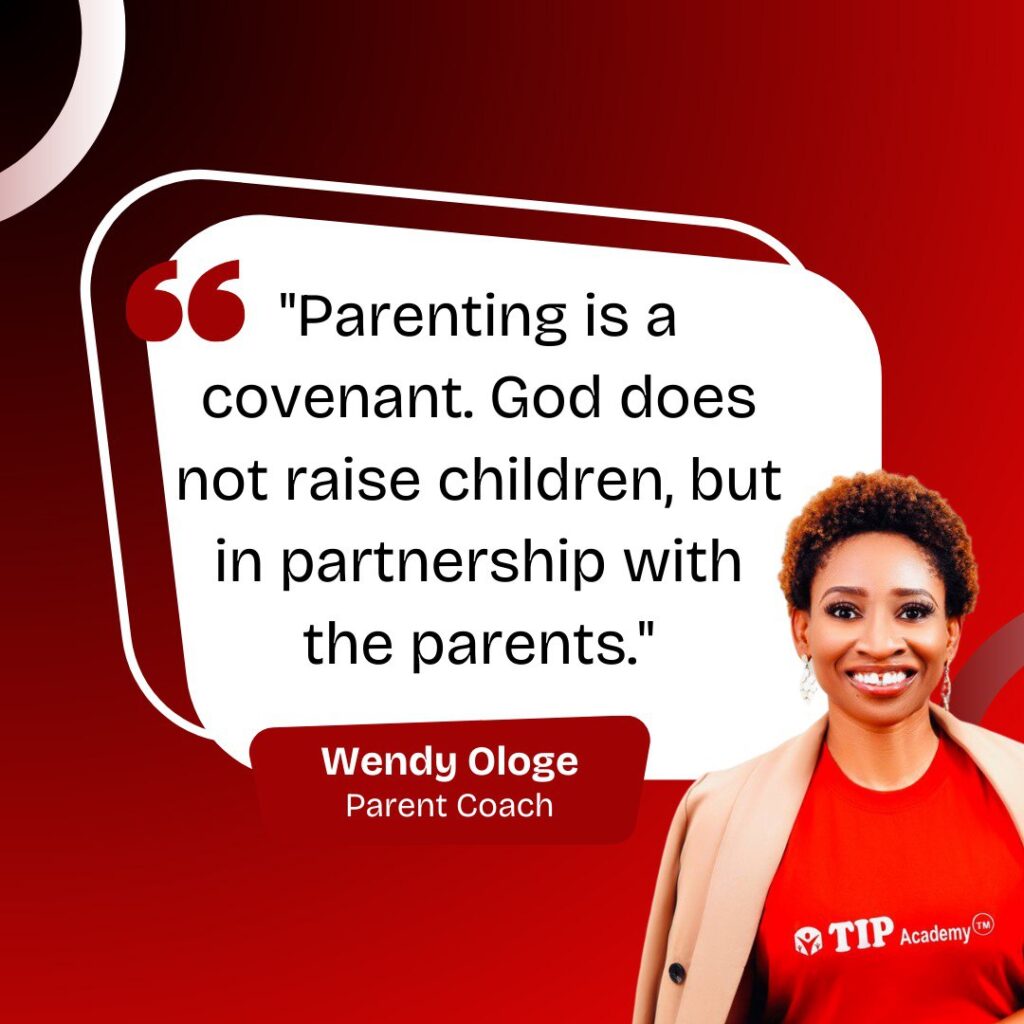
Effective Parenting Strategies to use include:
1. Build your calm – This is the reason for our No Yelling Challenge in the academy. You need consistency in building your calm. Changing your children starts by changing you.

2. Learn positive communication – Foster open and positive communication.
3. Collaborative problem solving – Involve your child in finding solutions. Don’t just solve your problems alone. Encourage them to brainstorm ideas. When you collaborate in problem solving, it promotes a sense of empowerment and responsibility in your child. It can also lead to learning important skills such as negotiation and compromising which can help prevent future difficult behaviours.
4. Emotional regulation techniques – Teach your children how to manage their emotions. Teach your child techniques for handling their emotions.
5. Be consistent and predictable. Unpredictability is the enemy of parenting. Establish clear and consistent routines in your home. Consistency provides stability and it helps your child to know what to expect. It reduces anxiety, confusion, confrontation, commotion and chaos which contributes to difficult behaviours. You must do all these with calm.
Understand that your child is being raised whether you are doing it or not. So you need to put in the time to raise them the right way.

Yelling has negative effects on your child .. see slides to learn more … Anger and Yelling are the biggest frustrations of parents.
If you know my journey, you will know that parenting with peace and calm is possible.
I was that chronic Yeller who worked so hard to achieve calmness as a parent. I didn’t stop with myself I’ve worked with over 10,000 parents to let go of their anger and build deep, connected relationships with their children and spouses.
After authoring over 10 parenting best sellers; Connect To Correct, Walking your Child through Puberty , The Discipline That Works, Sex educate like a pro volume one and two , parenting launch plan , How to Love your child more , Raising an independent thinking child , From Yelling to Calm and Resolving Sibling Rivalry and 18 other guides that have sold in their tens of thousands; Parents have asked I put together tools and strategies that can help one move you from Yelling to Calm.
Yes, here we go I’m offering you a 5 – day accountability challenge, where I guide and give you strategies that will take you from yelling to Calm.
I guarantee this Challenge will change your life as a parent:
• If you are a parent that struggles with anger, you need this Challenge?
• If you have being Yelling at your children and actually get tired at some point you need to join this challenge
• If you are looking for alternative ways to modify your child’s behaviour without shouting down everyone, you need this Challenge.
Join me for this challenge as I share with you how I walked through my own journey from being a yeller to a calm Parent.In this 5 days Challenge will give you a jumpstart on your journey to tame your temper.
This first second early bird registration ends in few hours after that it rises to N8,999
To register for the No Yelling Challenge, simply click here:
https://theintentionalparentacademy.selar.co/NoYellingChallenge
Or pay N6,999 to 0509494057 (GTB). The Intentional Parent Academy. Share proof to +234903 663 3600.
If I can ditch yelling, you too can.
Come let’s parent with Peace and Calm




